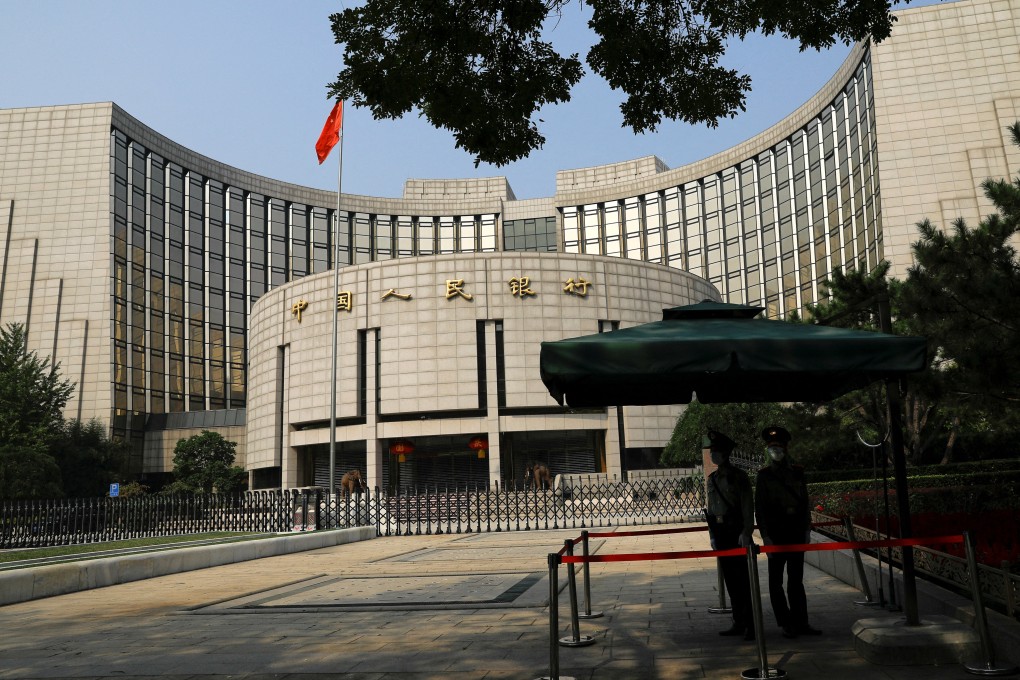Advertisement
Macroscope | China must not be tempted to repeat the easy money mistakes of the West
- It’s no good trying to reflate the economy with even cheaper money when demand is being deflated by a weak global economy, over which Beijing has no control
- Beijing must concentrate on generating growth from government investment, such as on infrastructure, transport and telecoms
Reading Time:3 minutes
Why you can trust SCMP
7

It’s always hard to call a stop when you are getting too much of a good thing. The temptation is to overindulge and binge too freely. But enough is enough when it comes to China’s interest rate easing cycle.
It’s clear the economy is awash with too much cheap and easy money, misallocating key resources and leaving the nation riddled with debt. It’s time to draw a line under monetary super-stimulus, avoid the mistakes Western economies made with years of near-zero interest rates, and get China back on the road to steady monetary policy and sustainable interest rates, stabilising China’s yuan exchange rate in the process.
Reflation is the best way to boost the economy, with a steady stream of well-placed public investment to maximise mainland China’s growth potential. Five per cent economic growth is easily achievable over the next few years, bucking the trend towards what may seem like an inevitable slowdown.
Beijing last cut interest rates by 0.1 percentage points a fortnight ago, lowering the one-year loan prime rate to 3.55 per cent and the five-year rate, a reference for mortgages, to 4.2 per cent, with even more easing expected ahead to help revitalise growth. The economic slowdown in recent months has put Beijing’s 5 per cent growth target for 2023 at risk and more stimulus is needed to put recovery back on track.
But there are serious questions as to whether the marginal move made any difference or was necessary at all.
It’s no good trying to reflate the economy with even cheaper money when demand is being deflated by a weak global economy, over which Beijing has no control. Some economists make the analogy that excessive interest rate easing is like pulling on a heavy brick with a rubber band – the brick doesn’t move until the elastic snaps tight and the brick smacks you in the face with domestic overheating and higher inflation.
Advertisement
